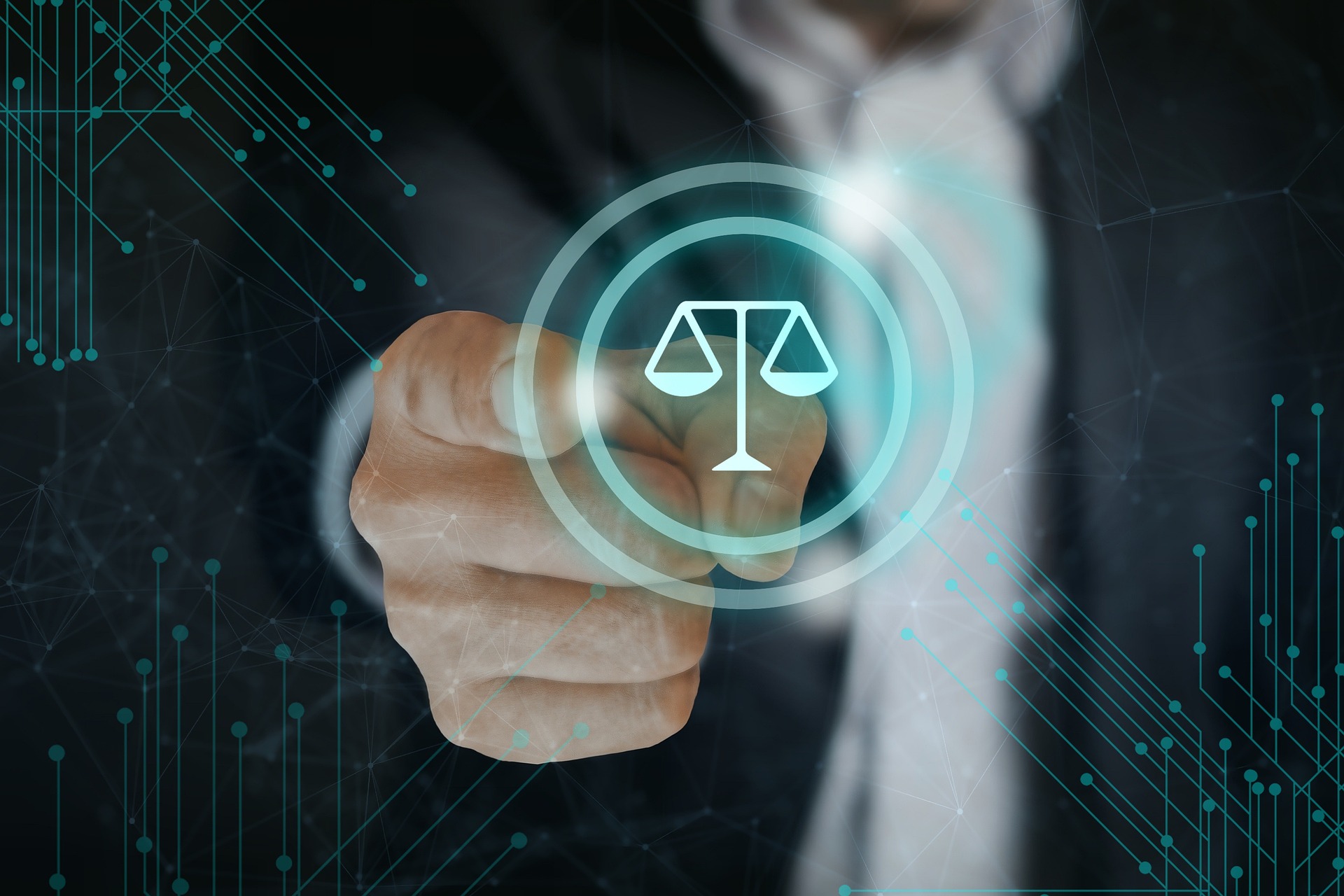Title: The Legal Labyrinth of Autonomous Vehicles
Introduction: As autonomous vehicles shift from science fiction to reality, they're steering us into uncharted legal territory. This transformative technology promises safer roads and enhanced mobility, but it also raises complex questions about liability, privacy, and regulatory frameworks. Let's navigate the intricate legal landscape surrounding self-driving cars.

Redefining Liability in the Age of AI
One of the most challenging legal aspects of autonomous vehicles is determining liability in case of accidents. Traditionally, drivers bear responsibility for collisions. But when software is at the wheel, who’s at fault? This question has sparked intense debate among legal scholars, policymakers, and insurers. Some argue that manufacturers should be held liable for any accidents involving their autonomous vehicles, while others propose a shared responsibility model.
Data Privacy Concerns on the Digital Highway
Autonomous vehicles are essentially computers on wheels, constantly collecting and processing vast amounts of data. This raises significant privacy concerns. The vehicles track location data, driving habits, and potentially even conversations within the car. Legal experts are grappling with how to balance the need for data collection to improve safety and efficiency with individuals’ right to privacy. Some jurisdictions have begun implementing regulations to protect consumers’ data, but a comprehensive legal framework is still in development.
The Regulatory Puzzle: Federal vs. State Control
In many countries, including the United States, there’s an ongoing debate about whether autonomous vehicle regulation should be handled at the federal or state level. Proponents of federal regulation argue that a unified approach is necessary to ensure consistency and facilitate interstate travel. On the other hand, those favoring state-level regulation contend that states are better equipped to address local concerns and adapt to regional differences. This jurisdictional tug-of-war has resulted in a patchwork of laws across different states, creating challenges for manufacturers and consumers alike.
Ethical Dilemmas and the Law
Autonomous vehicles don’t just raise legal questions; they also present profound ethical dilemmas that lawmakers must address. For instance, how should a self-driving car be programmed to react in a situation where harm is inevitable? Should it prioritize the safety of its passengers over pedestrians? These ethical considerations have significant legal implications, as they may influence how courts interpret liability in accident cases involving autonomous vehicles.
International Harmonization: A Global Challenge
As autonomous vehicles cross borders, the need for international legal harmonization becomes evident. Different countries have varying approaches to regulating this technology, which could create obstacles for global deployment. Legal experts are calling for international cooperation to develop consistent standards and regulations. Organizations like the United Nations Economic Commission for Europe (UNECE) have begun work on international guidelines, but achieving global consensus remains a formidable challenge.
The Road Ahead: Adapting Legal Systems for an Autonomous Future
As autonomous vehicle technology continues to evolve, so too must our legal systems. Lawmakers and legal experts are working to create flexible frameworks that can adapt to technological advancements while ensuring public safety and protecting individual rights. This may involve creating new legal categories, redefining existing concepts like driver responsibility, and developing innovative approaches to regulation and enforcement.
In conclusion, the legal landscape surrounding autonomous vehicles is as complex and dynamic as the technology itself. As we navigate this uncharted territory, collaboration between legal experts, policymakers, technologists, and ethicists will be crucial in developing a robust legal framework that can keep pace with innovation while safeguarding societal interests. The journey ahead promises to be as challenging as it is exciting, reshaping not just our roads, but our legal systems as well.






